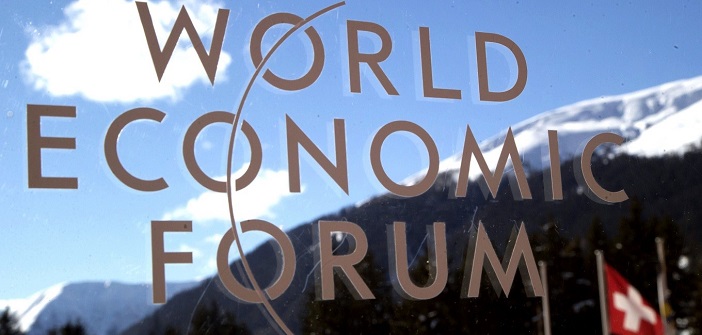The World Economic Forum has published its annual study on global competitiveness. The Global Competitiveness Report 2018 reveals that “the changing nature of competitiveness poses a challenge for the future of the global economy.”
At the heart of these transformations is the impact of the Fourth Industrial Revolution on the global economy. France ranks 17th in the global competitiveness index.
It is at the dawn of this new industrial revolution, the fourth, that the World Economic Forum evaluates the performances of countries.
“Only economies capable of recognizing the importance of the Fourth Industrial Revolution will be able to offer more opportunities to their populations,” anticipates Klaus Schwab, founder and president of the World Economic Forum.
For its 2018 edition, the Forum uses a new methodology: 140 economies, analyzed through 98 indicators organized into 12 pillars. These pillars are divided into four major themes: enabling environment (including institutions and economic stability…), human capital (including health and skills), the market (including its size and the labor market), and the innovative ecosystem.
On a scale of 0 to 100, countries can thus position themselves in light of the competitiveness of others. Leading this ranking are the United States with a score of 85.6, followed by Singapore (83.5) and Germany (82.8). On average, the score amounts to 60 points.
Strengths and Weaknesses of France
As for France, ranked 17th in the global competitiveness index with a score of 78, it stands out due to the quality of its health (7th), the size of its market (9th), infrastructures (8th), and innovation capacity (11th), notably thanks to its research institutes (3rd) and the quality of its publications (5th).
“France secures a place among the top twenty global economies, having recently launched an ambitious reform program with labor laws, performed reforms of public services, and made the country attractive to technology sector investors,” the report analyzes.
Although it appears only in the 17th place, this is notably due to its poor scores in terms of the labor market, skills (especially digital) of the population, and business dynamism particularly in terms of entrepreneurial risk. On this point, the country ranks 84th in terms of tolerance for entrepreneurial failure. In Israel, the attitude towards entrepreneurial risk is the most positive.
Last year, France appeared in 22nd place, a drop of one rank. But with this new methodology that reshuffles the cards, it is as if France has only gained one spot compared to last year, the report specifies.
What about the rest of Europe? “In terms of competitiveness, Europe is a land of contrasts, with four distinct groups,” the report summarizes. “A highly competitive Northwest, a relatively competitive Southwest led by France, a Northeast led by Poland, the Czech Republic, and the Baltic countries, which are on par with, or even exceed some Western European economies, and the Southeastern region with the Balkans very much lagging behind.”
The best attitudes towards innovation come from Canada and Denmark: the former having the most diverse workforce, the latter having the least hierarchical corporate culture, “two essential factors to boost innovation.”


